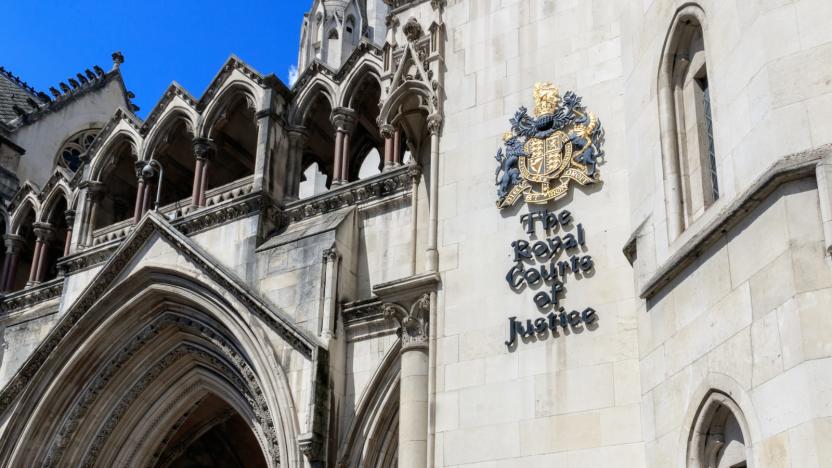DRIPA
Latest

Court ruling will force UK to limit its surveillance powers
The UK government is definitely going to have to make some significant changes to its digital surveillance regime after the Court of Appeal today ruled various snooping powers unlawful. Specifically, the court said that communications data -- the who, when, where and how of a conversation, but not the content -- must only be accessed for the purposes of "fighting serious crime." Furthermore, the state must not look at data before first receiving the approval of a court or independent body. Unfortunately for the government, the Investigatory Powers Act (IP Act) that became law in late 2016 doesn't comply with these rules of thumb, so it looks like there's no other option but to make some serious amendments.

EU court ruling could derail the UK's new surveillance law
The Investigatory Powers Act became the UK government's new digital surveillance law less than a month ago, but it appears it's already been deemed unfit for purpose. The EU Court of Justice today delivered its verdict on a long-running case concerning the legality of surveillance measures. It ruled that while the targeted retention of data for the purpose of combating serious crime is permissible, "indiscriminate" data collection is incompatible with EU human rights law. "Such national legislation therefore exceeds the limits of what is strictly necessary and cannot be considered to be justified within a democratic society," the court said.

UK report details what happens when police spying goes wrong
Surveillance is a contentious issue in the UK -- the government, police and intelligence agencies see it as a vital tool for preventing and solving serious crimes, whereas others see it as an unwelcome intrusion into their lives. The debate over whether the UK's surveillance laws are legal continues to rumble on, but a new report has shed some light on what happens when spying goes wrong. Interception of Communications Commissioner Sir Anthony May revealed today that there were 17 "serious" errors made by police or communications providers in 2014, which included the misidentification of innocent people as sex offenders.

UK's emergency surveillance law struck down by MPs
The High Court has ruled today that parts of the UK's emergency surveillance legislation, the Data Retention and Investigatory Powers Act 2014 (DRIPA), is unlawful. Conservative MP David Davis and Labour MP Tom Watson, represented by the Liberty human rights organisation, have successfully argued that the law breaks the public's right to a private life and to the protection of personal data, set out in the EU Charter of Fundamental Rights. Section 1 and 2 of DRIPA, which forces telecoms companies and internet providers to store customer data for up to 12 months, will now be abolished in March next year. The law is due to expire at the end of 2016 anyway, but bringing the date forward for these two crucial points could force the government to introduce replacement legislation earlier.

MPs bid to overturn UK surveillance law at the High Court
When UK Prime Minister David Cameron announced he had passed emergency legislation to retain everyone's web and phone activity, privacy groups were understandably upset. The Data Retention and Investigatory Powers Act 2014 (DRIPA), passed in July 2014, requires that telecoms companies and internet providers store customer data so that authorities can better investigate serious criminal acts relating to sexual exploitation. The government is keen to gloss over the privacy implications of the law, particularly that it was ruled illegal in Europe, but a group of MPs, supported with civil rights organisation Liberty International, argue that it infringes human rights and will seek to reverse DRIPA at the High Court later today.


